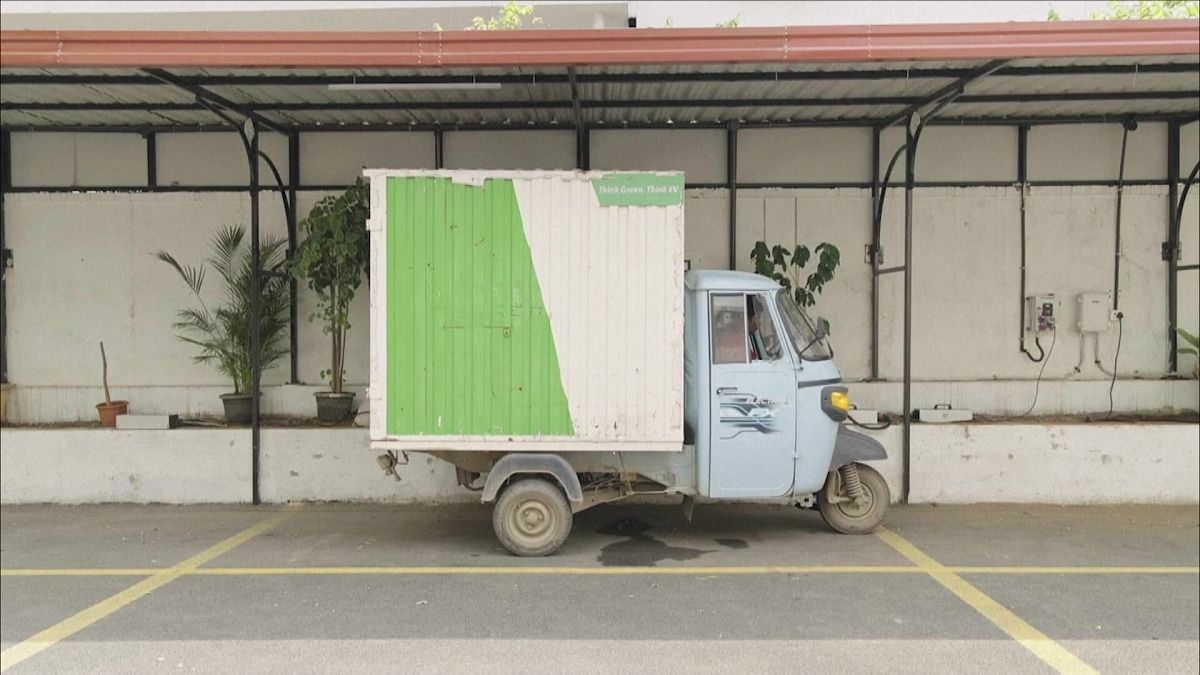India has become one of the fastest-growing EV markets in the world.
India now has millions of electric vehicle (EV) owners, with popular motorbikes, scooters and rickshaws representing more than 90 per cent of the vehicles.
Indeed over half of India’s three-wheeler registrations in 2022 were electric, according to an IEA report released in April.
Analysts say the market is growing due in part to a $1.3 billion (€1.25 billion) government scheme to encourage EV manufacturing in the country and provide discounts for customers.
Rising fuel costs over the past decade and consumer awareness of the long-term cost benefits are also driving up sales.
Electric vehicles are touted as a solution to bring down greenhouse gas emissions and improve air quality.
For the electric vehicles market to successfully slash carbon, experts say moving electricity generation away from fossil fuels, managing critical mineral supply chains, and boosting EV sales across different socioeconomic backgrounds in the country will be key.
Santhosh Kumar, 23, an electric rickshaw delivery driver for Bengaluru-based logistics company City Link, can also feel the benefits of making the switch.
'I never run out of charge'
Since going electric, "the vehicle never breaks down and there are a lot of charging points all around so I never run out of charge," said Kumar.
Charging points in the country have increased tenfold, according to Elizabeth Connolly, an energy technology and transport analyst at the IEA.
While Kumar doesn’t have his own electric vehicle yet - the one he drives belongs to the company - his dream is to buy his own or even several that he can then rent out. He believes that in his line of work, "it’s only a matter of time before everyone shifts to electric".
Two and three-wheelers are also mostly used in the service industry for ride-hailing or deliveries meaning they clock up miles fast, making an electric vehicle a noticeably cheaper option than paying for gas, said NC Thirumalai at the Bengaluru-based think tank, Centre for Study of Science, Technology and Policy.
But he added that to make electric vehicles viable long-term, supply chains for critical minerals that manufacturers use to make batteries and other parts need to be secured. Electricity sources used to charge the vehicles also need to be cleaned up.
Currently, more than three-quarters of India’s electricity is generated from fossil fuels - mostly coal - according to government reports.
And mining companies, including in India, have come under fire for unsafe mining practices of minerals needed to make components for electric vehicles and other clean energy infrastructure.
Thirumalai is optimistic about cleaner electricity in the future. The "huge thrust for renewables in the country" means electric vehicle emissions should be reduced in time.
For more on this story, watch the video in the media player above.



